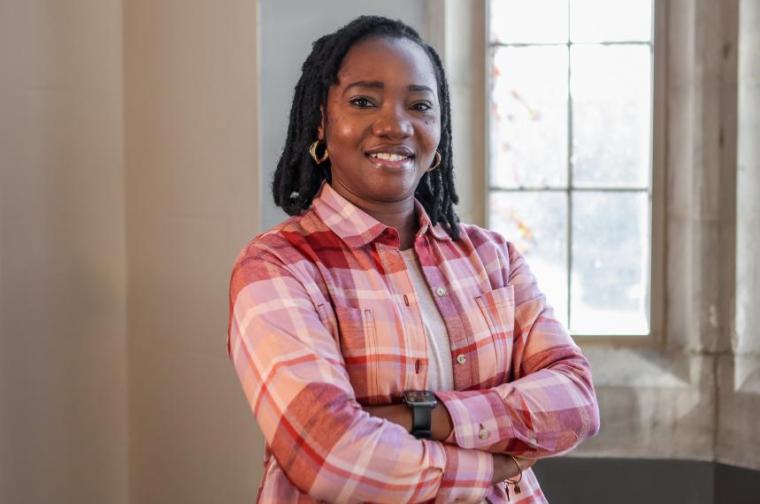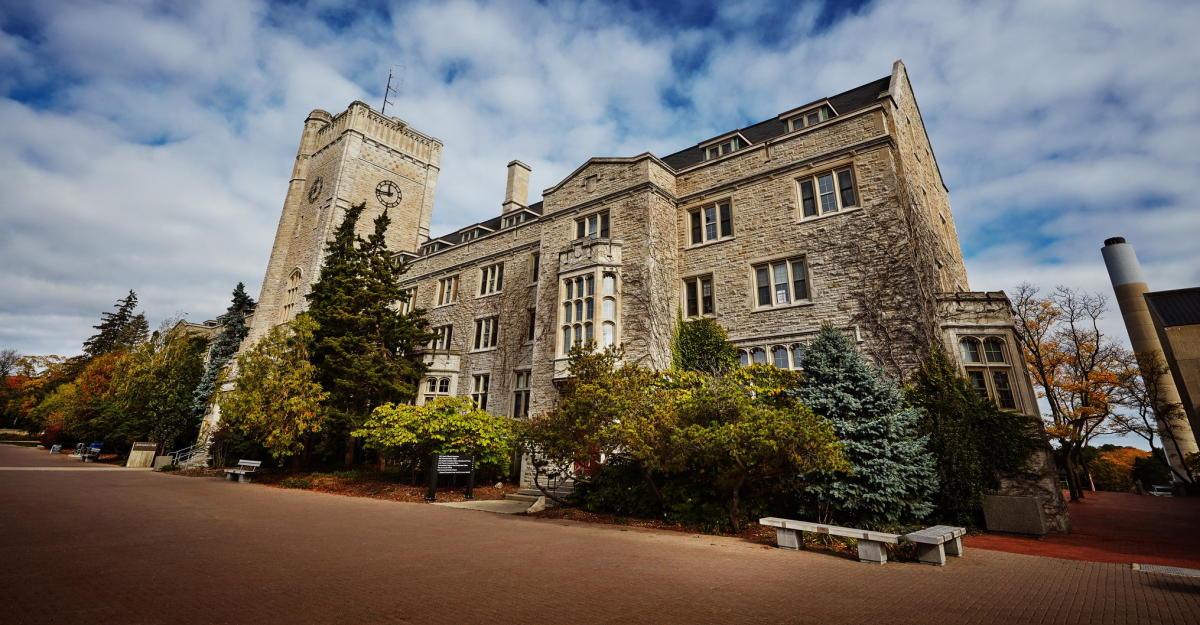
Uduak Edet, a PhD candidate in Rural Studies at the University of Guelph’s Ontario Agricultural College (OAC) [1], is making waves with her research on integrating artificial intelligence (AI) tools into agricultural practices in Nigeria. Recently, her efforts were recognized with the prestigious International Doctorate Research Award (IDRA) from the International Development Research Centre (IDRC) [2], a national honor that supports doctoral field research across the world. Edet is one of only three University of Guelph students to receive this distinction in 2024.
Transforming Agriculture Through AI
Edet’s research is specifically focused on the Nigerian agricultural system and centers on how AI, particularly large language models (LLMs), can help farmers be more efficient and sustainable in their operations. Her work addresses a critical challenge faced by Nigerian farmers: accessing accurate, timely, and comprehensible data to improve their farming practices.
“Climate change is a global issue, and agriculture is one of the most affected sectors,” Edet explains. “Farmers in Nigeria need innovative solutions to build resilience and adapt to the changing environment. My research aims to bridge the gap between advanced technologies and the practical needs of farmers, particularly marginalized groups like women and rural farmers in Nigeria.”
Adopting these new technologies on farms can often be met with skepticism or knowledge barriers. This is where Edet’s research comes in – her project explores how capacity development and extension experts can help farmers integrate these tools into existing agricultural systems, enhancing productivity and sustainability within Nigeria.
Empowering Farmers in Nigeria
A key focus of Edet’s research is inclusivity. In Nigeria, women often face significant barriers in agriculture, including limited access to land and resources. Edet’s work identifies the unique challenges faced by different groups and ensures that solutions are equitable.

“Digital agriculture must be inclusive,” Edet says. “Women and marginalized farmers in Nigeria don’t often have the same access to information or resources as others. By involving stakeholders in the design and implementation of AI tools, we can ensure that everyone’s voice is heard and no one is left behind.”
Her research highlights the importance of creating “tech stewards” within Nigerian farming communities—individuals who adopt and champion technology to encourage broader acceptance among their peers.
Edet takes a “systems approach” to her work, emphasizing the need for collaboration among farmers, extension advisors, policymakers, and organizations, rather than a top-down hierarchical approach to implementation.
“This top-down approach to technology adoption rarely works,” she notes. “Farmers in Nigeria need to see themselves as part of the solution. By bringing stakeholders together to co-create strategies, we empower them to decide how they want to use these tools.”
One of the challenges her research addresses is the potential for misinformation and inaccuracies in AI-generated content. By examining how socioeconomic factors influence the adoption of AI, Edet aims to develop safeguards against ethical concerns while ensuring the technology remains practical and beneficial for Nigerian agriculture.
The Path to Guelph
Edet’s journey to the University of Guelph began in 2021 when she commenced moved to Canada to pursue a master’s degree in Capacity Development and Extension (CDE) [3]. Despite initial challenges, including COVID and delays in her study permit that necessitated online learning, she found the university’s supportive environment invaluable.

“The transition to Guelph was seamless,” Edet recalls. “The faculty in the School of Environmental Design and Rural Development (SEDRD) [4] were incredibly welcoming, especially my advisor, Dr. Ataharul Chowdhury [5]. Their support has been instrumental in shaping my academic journey.”
Edet completed her master’s degree in person in 2023 and transitioned directly into her PhD program. Her master’s research focused on information disorder in climate change adaptation practices in Nigeria, laying the groundwork for her current work. She is also a member of the agri-food, climate change and rural misinformation platform facilitated by Dr. Chowdhury, where she plays an active role for supporting knowledge mobilization and curating resources related to misinformation research.
Winning the IDRC Award
The IDRC’s International Doctorate Research Award provides up to $20,000 in funding to support field research in the Global South. For Edet, the award will cover transportation and logistical costs for her work in Nigeria, as well as the purchase of necessary technology and services.
“Receiving this award is a tremendous honor,” Edet says. “It’s not just about the financial support; it’s a validation of my work and a motivation to continue pushing boundaries. I’m excited to contribute to building climate-resilient food systems and advancing sustainable agriculture in Nigeria.”
As Edet prepares for the next phase of her research, she remains focused on the broader implications of her work. By integrating AI tools into agricultural advisory services, she hopes to create scalable innovations that can be adapted to other regions facing similar challenges. She hopes the findings will be useful in other contexts, particularly regarding the increasing interest in LLM and agricultural advisory services in Canada.
“Agriculture is at the heart of global development,” she emphasizes. “By leveraging technology, we can not only improve productivity but also ensure sustainability and equity. This is the future of farming, and I’m proud to be contributing to its development in Nigeria.”